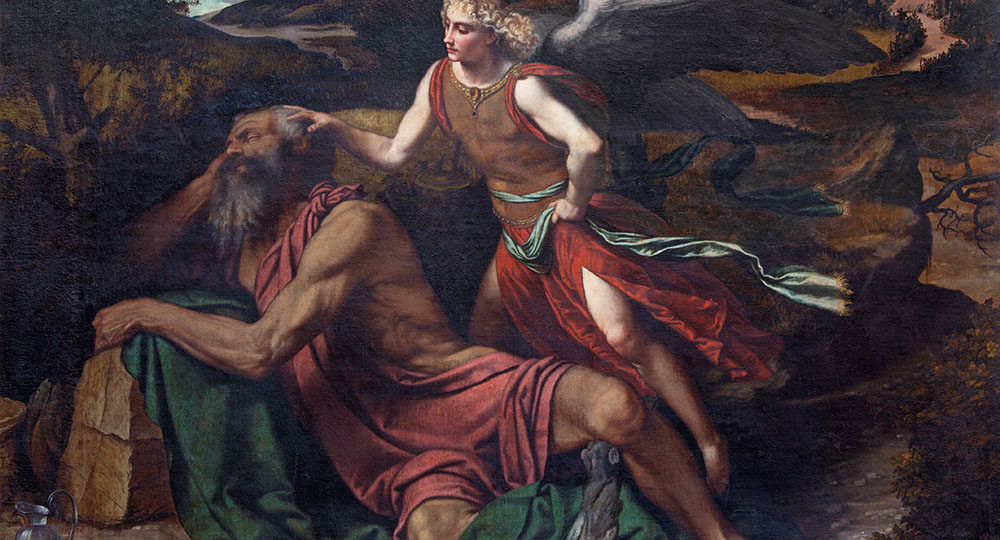


True heroes are in short supply these days. Loyalty to causes larger than one’s own personal interests seems to be out of favor with the “me” generation.
The Temple still stood gloriously on that high mount where the Dome of the Rock now rests. The Pharisees still controlled the synagogues, influencing the people with their strict interpretations of the law.
Hebrews 11 describes the faith of the three men the Jewish people hold to be the cornerstone of Judaism: Abraham, Moses, and David. Abraham is also called the “friend” of God (Isa. 41:8).
Moses had a rich heritage of faith. Before his birth, Pharaoh of Egypt commanded that all male babies born to Hebrew women be killed (Ex. 1:15–22). When Moses was born, his parents had to make...
Every year new members are elected to the various sports’ Halls of Fame. Many good players, however, never receive this public honor. Buried in the past rosters of hundreds of teams are thousands of excellent...
Futurists are inundating the country with articles, books and videos on what to expect by the year 2000 and beyond. This has rekindled an interest in the study of biblical prophecy.